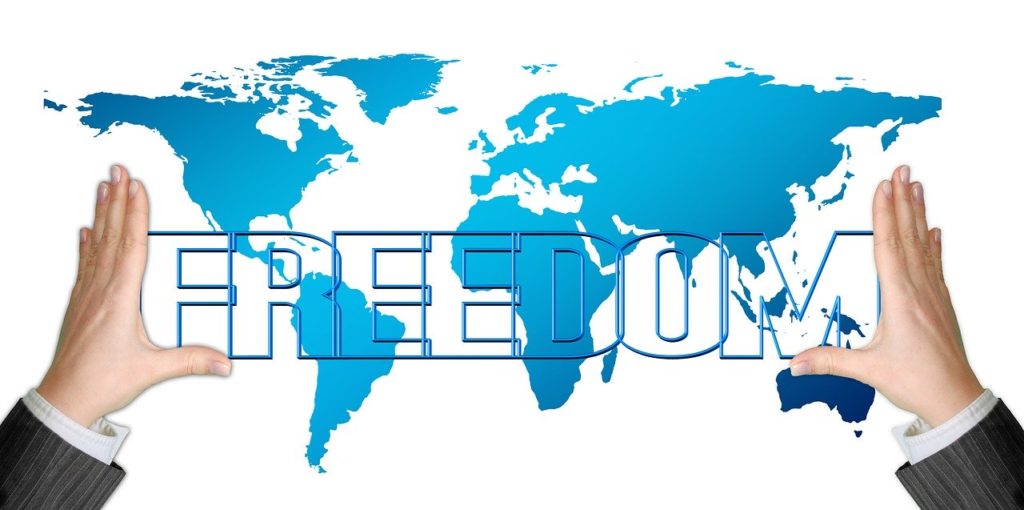NEW YORK – When Americans contemplate the abolition of slavery (which is not often), we immediately think of President Abraham Lincoln and the Emancipation Proclamation. That document made slavery illegal in the United States effective January 1, 1863.
Likewise, the United Nations abolished slavery worldwide on December 2, 1949, when the General Assembly adopted the UN Convention for the Suppression of the Traffic in Persons and of the Exploitation of the Prostitution of Others. The International Day for the Abolition of Slavery commemorates the anniversary of that event.

Unfortunately, abolition does not mean eradication or elimination. Abolition prohibits an activity, but it does not prevent it or protect anyone from it. Abolition carries no weight without enforcement.
That is why, according to the latest statistics from the United Nations itself,
- An estimated 40.3 million people are in modern slavery, including 24.9 in forced labor and 15.4 million in forced marriage.
- There are 5.4 victims of modern slavery for every 1,000 people in the world.
- 1 in 4 victims of modern slavery are children.
- Out of the 24.9 million people trapped in forced labor,
- 16 million people are exploited in the private sector such as domestic work, construction or agriculture;
- 8 million people in forced sexual exploitation, and
- 4 million people in forced labor imposed by state authorities.
- Women and girls are disproportionately affected by forced labor, accounting for 99% of victims in the commercial sex industry, and 58% in other sectors.
The adoption of a resolution by an assembly of countries means little more than lip service and an appearance of good intentions.
Slavery is abhorrent by its very nature. It manifests itself in horrible forms of the suppression of disadvantaged and uninformed men, women, and children around the world.
Child labor, debt bondage (aka bonded labor), and human trafficking are the three leading forms of modern slavery. More than several NGOs and FBOs are engaged in advocacy and on-the-ground action to free people from their entrapment in slavery conditions.
Human trafficking, forced labor, and persecution of women are primary concerns of Gospel for Asia (GFA) in and around the Indian subcontinent. GFA’s partners in the field continually strive to reach the people in disadvantaged villages where generational debt and poverty are typical.
GFA’s hands-on approach is to reach and teach people in the name of Jesus. Through the contributions of its faithful donors, Gospel for Asia (GFA) feeds the hungry, educates the children, teaches men and women entrepreneurial skills and best practices, and provides medicine, clean water, safe sanitation systems, and Biblical principles for living. Each of these, in their own way, helps to protect these innocent people from the plague of modern slavery.
Don’t, however, be misled. Modern slavery is not confined to South Asia. The vile practice is prevalent in nearly every country, including the United States.
It is time for God’s people to become aware of the 40 million other people who are trapped in modern slavery by supporting organizations that are actually doing something to eliminate human slavery.
From time to time, Gospel for Asia (GFA) publishes Special Reports on topics like modern slavery, human trafficking, and child labor.
- Click here to read about “21st-century slavery & human trafficking.”
- Click here to read about “Child labor: Not gone but forgotten.”
To read more news on Modern Slavery on Missions Box, go here.
Source:
- United Nations, International Day for the Abolition of Slavery – 2 December
- Anti-Slavery, Official Website




